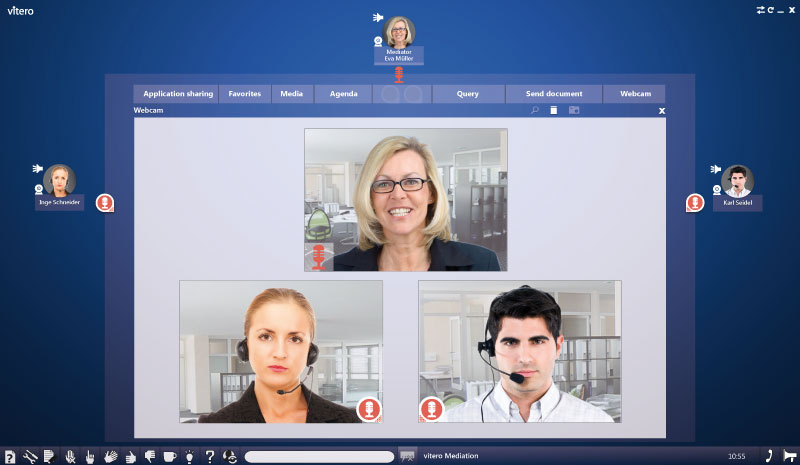Adv. Rajesh,
Chief coordinator, SoftSettle Support
The more I think of a change in
the architecture of dispute resolution, the greater I have memoirs of Musthafa
the lawyer turned businessman now settled in UAE. Mr. Musthafa is basically an
Indian and a lawyer graduated in one of the law colleges of Kerala and he got
fortunate enough to have his professional practice in UAE. But he did n’t want
to be confined to his profession. At the same time he was keen to do some
business using his legal background which he required to be more unique that
serve the community as a whole. He met one Simi Raj who is a part time Mediator
based in Trivandrum and it was suggested by Simi Raj that it would be ideal to
start Mediation services or ADR in UAE. Later he happened to meet some attorney back
in London who advised him to go for ODR along with ADR which could fetch him
more returns and the business group may be inspired by Musthafa’s newly found
Dispute Resolution services. But at that time online resolution is in the
embryo stage and Musthafa unnecessarily devoted more time in the research of
ODR and his business did n’t get materialized. But he could able to investigate
the pros and cons of ODR and he started writing a book about it. But
unfortunately the publication of the book remained delayed.
But I can discuss the viewpoints
he wanted to share with the community at this juncture and hope those would
help you understand what is ODR or Online Dispute Resolution.
The dynamic growth of the
Internet in national and international commerce has created a need to look at
statutory frameworks for defining and dealing with legal non-compliance. New
methods of communication have improved many areas of law – including modernizing
processes for the out-of-court settlement of disputes, examples of which are
constituted by systems for online dispute resolution.
ODR is still a growing field
that is constantly developing with many people having a view of what it entails
and how it should develop. That is why it is difficult to come out with a clear
definition for ODR, as ODR is not widely understood. ODR is a new field,
incorporating a broad range of concepts and involving a variety of procedures
and methods. But as we try to conclude we can go to an extent to say ODR as
essentially a dispute resolution that is carried out through the use of
computers and the internet. Each form of ODR may
use a different technological system, adapting the course of a given process.
Online mediation can take different forms, from a fully automated Internet
platform using a portal based on electronic chat or videoconferencing, to
exclusive use of the asynchronous form of communication, i.e. through methods
such as e-mail.
ODR techniques
can be used in many ways, with different levels of integration into
proceedings. Systems that have an intensive impact on proceedings may “support”
parties by suggesting arguments or assessing their levels of satisfaction at
each stage. Using advanced technologies allows the creation of computer
algorithms that analyses all data entered into the system (Soft Settle).
I can vehemently
support Mustafa’s contention that electronic methods emphasize the importance
of direct procedures that improve knowledge of the parties׳
interests and create a positive emotional environment. As far as
human attitudes are concerned, the interaction without confronting the opposite
parties directly can make them presenting their interests without any inhibitions
during negotiation under online mediation. While online arbitration is supposed
to be a trail like procedure in a virtual court stimulate the counsels with
confidence so as to present the case articulately and comprehensively followed
with direct questioning and crossing the parties, witness etc., ultimately cause
to fetch a binding decision from the part of the arbitrator or arbitrating tribunal.



COMMENTS 0